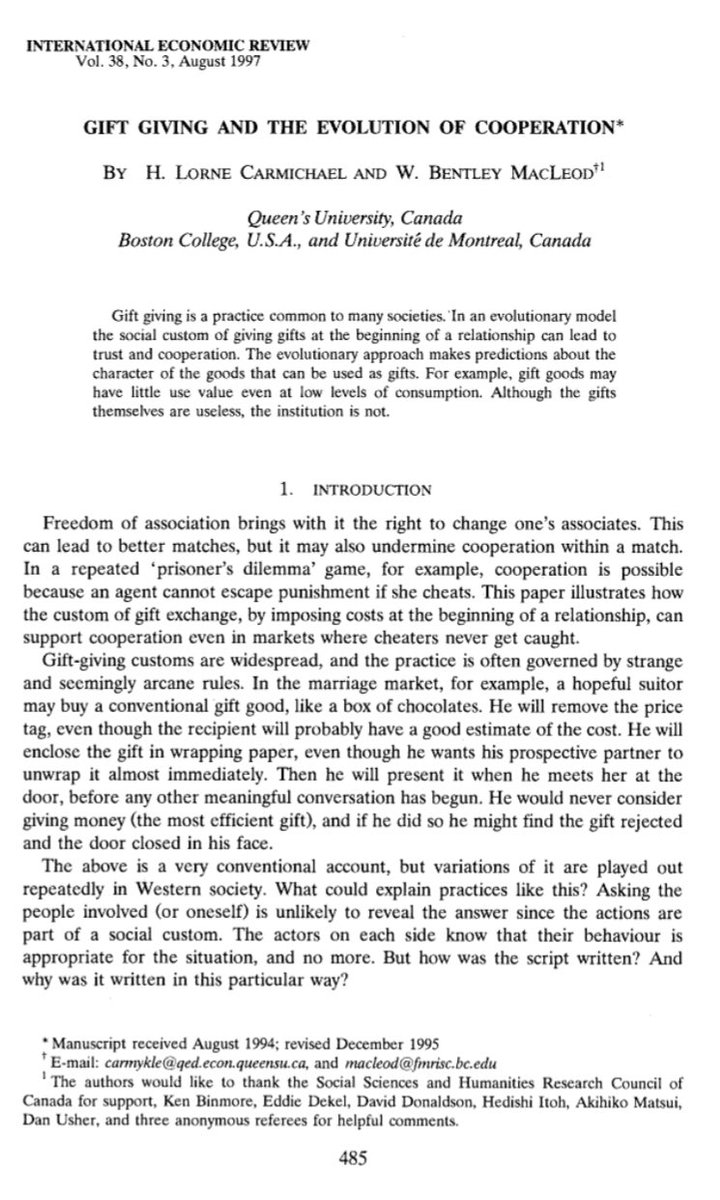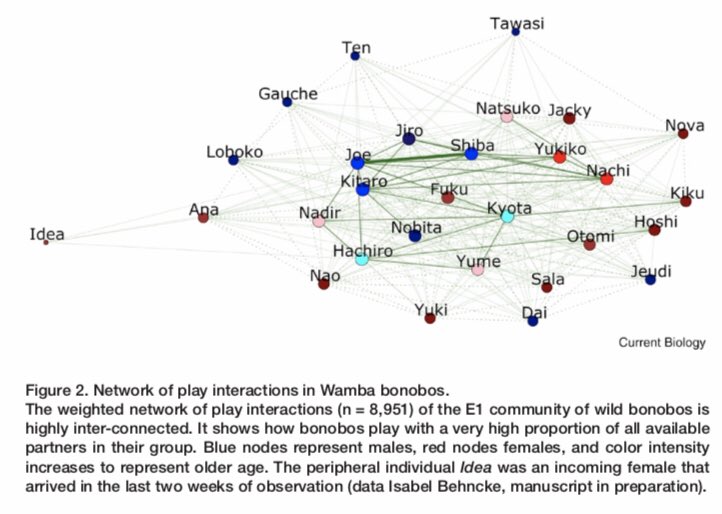(Thread)
Or confounds in our experimental designs.
But another endemic problem: conflating “proximate” causes w/ “ultimate” causes.
Allow me to expound. W/ examples. And describe how this holds science back.
“dehumanization leads to genocide”
Or in psych like:
“Ineffective altruism is caused by the limits of empathy”
Or in poli sci like:
“Poor folk vote for ↓ taxes b/c they are ideological voters, who believe in libertarianism.”
There are valid studies documenting each.
But incredibly misleading. In a way that deeply distorts our scientific understanding.
Eg psych experiments, designed to get at “causality”, only demonstrate “causality” in the problematic way I am about to describe. Same re historical narrative. And empirical analysis in poli sci.
(I’ll start w/ dehumanization. But the same logic can be applied to the other examples, and much of the rest of the lit. I’ll briefly illustrate how toward end of thread.)
And this does make it easier for his followers to kill them off.
To the extent we can actually interfere with a dictator’s dehumanizing rhetoric.
To the extent that dictators intent on killing, invariably use such rhetoric. As well as other means to ease their follower’s minds. And have the means to propoganda that rhetoric. And can incentivize people to listen to & internalize the rhetoric.
That’s what will predict genocide. That’s where we need to intervene if we wanna change the trajectory of history.
But notice, dehumanization invariably falls along the historical trajectory. So if all you are doing is tracing historical trajectories, it will look like dehumanization is the cause.
Pearl argues this is the right way to define causality because when we think bout causality we wanna know what in the system we can perturb to influence the outcome.
Reasonable enough.
So many things misleading here.
For starters, this lever isn’t in fact one that can be easily pulled irl.
...
Let me briefly articulate how this same logic can get applied to a few other cases. And discuss a bit more what’s going wrong with the empirical analysis we run, and the historical narratives.
A pretty famous econ paper argues its b/c they, in America at least, *believe* in upward mobility. (So they will benefit from such low taxes.)
*Why* do they believe this?
(Especially given none of the above is self-evidently true, is believed by all Americans, or believed by the corresponding people in Europe.)
Cause these downstream variables are going to be picking up on all the causal power coming from the ultimate sources.
(Ie lever won’t be easy to perturb, and if perturbed, system will correct. And will miss out on ultimate causes, perhaps easier levers to pull, with downstream proximate effects and no correcting force.)
And is liable to be easier to change than trying to directly change people’s beliefs and ideologies.
Proximate “causes” are misleading.
Despite standard social-science methods treating them as causal.
And imho this is preventing the s.s.’s from growing into a real science—yielding an *actual* model of the underlying causal structure of human social systems.
Eom






